2. Financial Communication Summit in Frankfurt am Main
On 10/11 September 2018, the 2. Financial Communication Summit was held at the invitation of Deutsche Börse AG in the ‘Alte Börse’ in Frankfurt am Main. 40 invited guests – including Heads of Investor Relations and Corporate Communications as well as selected communication experts from business and science – discussed current research results and challenges as well as trends in capital market communications.
Study Integrated Financial Communication
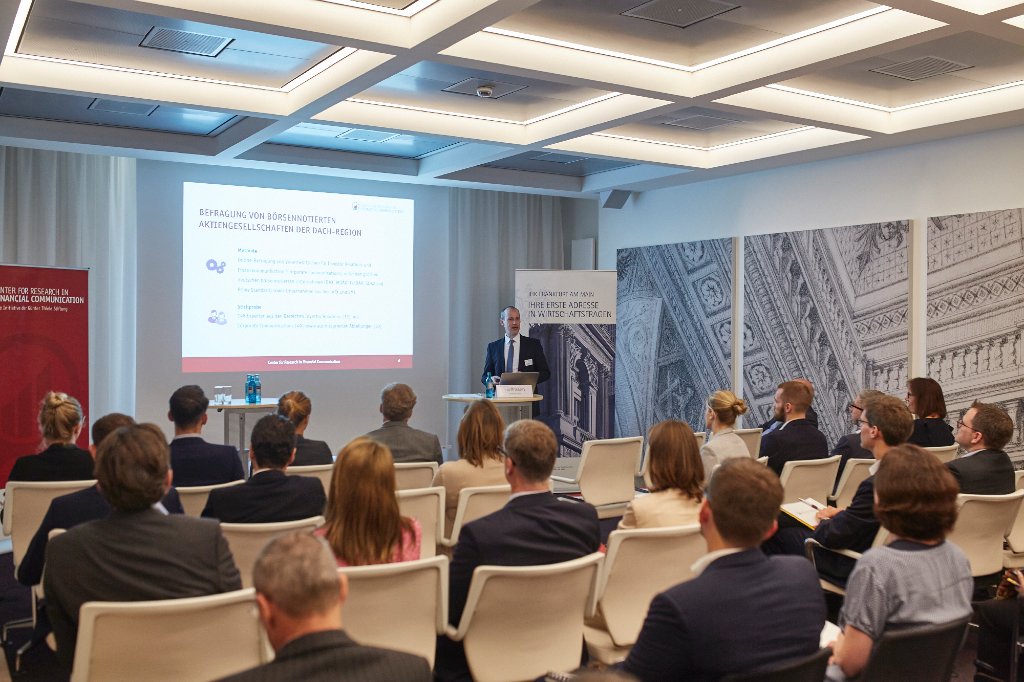
The study “Integrated Financial Communication” deals with the cooperation and coordination between investor relations (IR) and corporate communications with regards to financial communication. The study focuses on how closely and through which instruments the coordination is implemented as well as the importance of shared goals. It provides further insights into what both functions know about each other, where conflicts arise, and how they can be resolved. Experts in Investor Relations and Financial Communications (on the Corporate Communications side) of the largest listed companies in Germany, Austria and Switzerland were surveyed.
Communication by the Supervisory Board
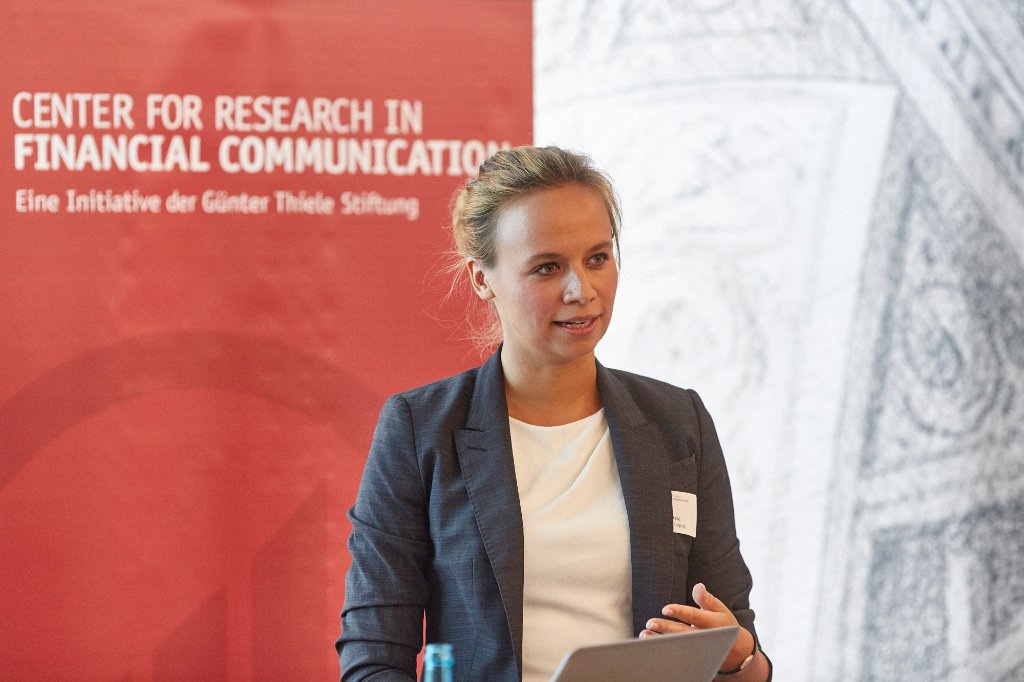
How can communication for or with the Supervisory Board look like from the companies’ perspective? What role do investor relations and corporate communications play in dialogue with investors and the media? Sandra Tietz gave an insight into the current research on the communication of the Supervisory Board.
Corporate Governance: Expectations – pitfalls – best practices
- Tobias Atzler, Siemens AG
- Ingo Speich, Union Investment
- Prof. Dr. Christoph H. Seibt, Freshfields
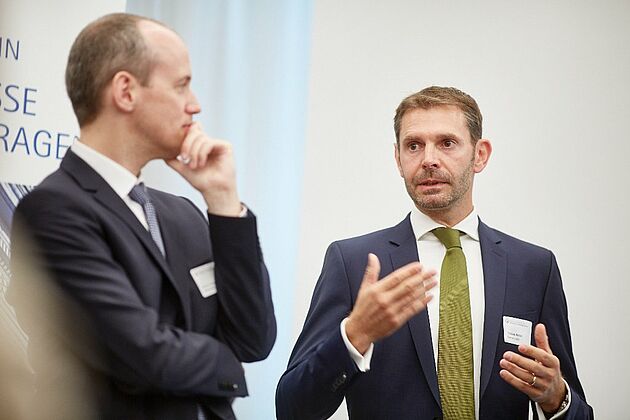
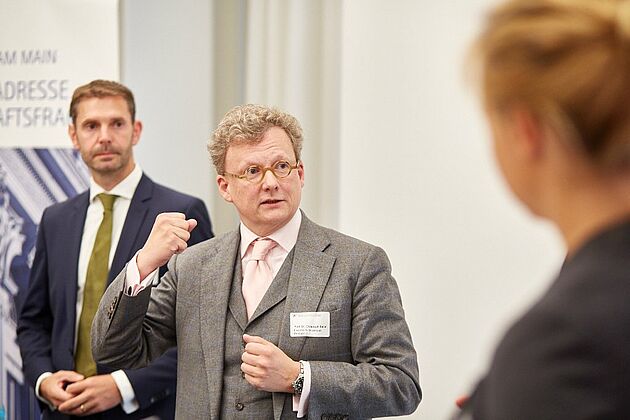
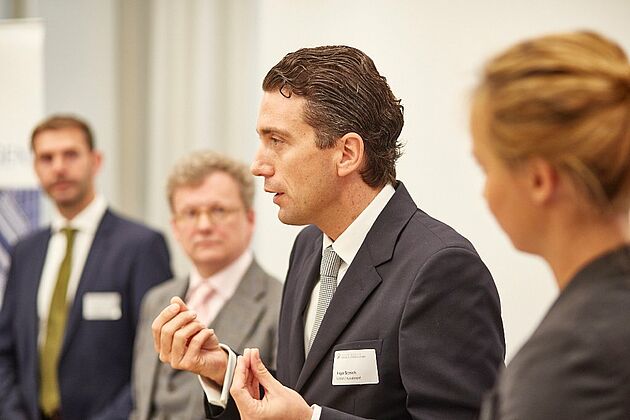
Corporate governance is one of the most discussed management topics – also in research. Demanding governance structures should provide a suitable framework for “all-round quality” in corporate governance. Closely related to this is the long-term, sustainable corporate success. But what expectations do investors have of corporate governance? And how can companies improve their related communication?
Tobias Atzler (Siemens) and Ingo Speich (Union Investment) talked in detail about the relevance and expectations of corporate governance issues in the dialogue between companies and investors. Prof. Dr. Christoph (Freshfields) also gave an insight into the legal requirements and current developments in the field.
One of the key issues was the company’s communication requirements on governance issues. Both, remuneration issues and the composition of the Management Board and Supervisory Board would require transparent, consistent and often actively pursued communication by companies. In practice, instruments such as governance roadshows are established for this purpose.
The discussion also focused on differences in governance systems in international comparison. In this context, it was discussed that pressure arises from activist investors who would focus on specific European or German weaknesses in corporate governance. The focus is on “cooling off” perios, diversity, and the age of supervisory board members. The decrease in the average stay of German managers at the top of the company was certainly also a topic of discussion.
Finally, the panelists provided a glimpse into the future. In particular, the changing ownership structures were discussed: the relevance of passive funds, family offices from home markets and abroad and activist investors will continue to increase and have an impact on communication with regards to corporate governance. On the one hand, the pressure on the dualistic German governance system remains high. Here a further Americanization can be expected. On the other hand, we also see that the involvement of stakeholders in governance structures is being considered intensively in the Anglo-Saxon area. Here, Germany can be considered as more progressive.
Financial Communication – caught between media and investor interests?
- Jörg Eigendorf (Deutsche Bank AG)
- Dr. Robert Vollrath (Deutsche Bank AG)
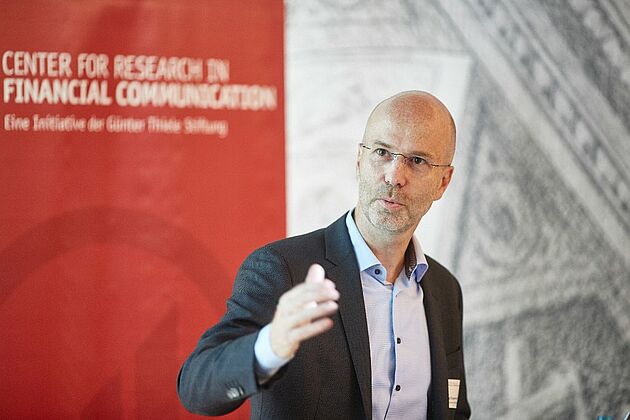
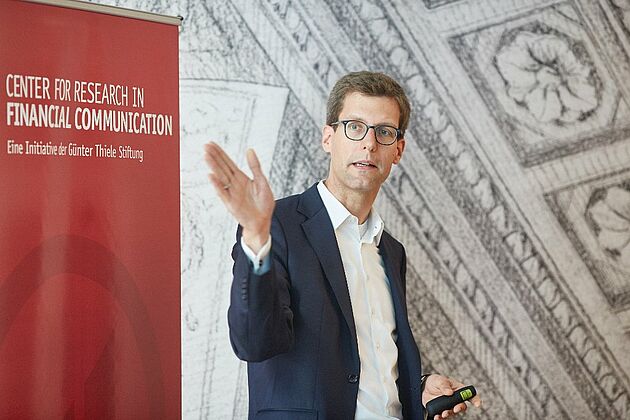
Jörg Eigendorf and Dr. Robert Vollrath (both Deutsche Bank AG) offered an insight into the tension between media and investor interests in financial communications. They discussed the importance of close cooperation and coordination between the Corporate Communications and Investor Relations departments – illustrated with many examples from their daily work.
The focus of the presentation was on the holistic view of the various stakeholders of the company. Depending on the situation, the relevance to current communication measures may vary. Therefore, it is important to keep an eye on all claims and perspective through regular coordination.
Both departments provided insights in detailed analyzes conducted with regard to the perspective of the media and investors. As a financial institution’s reputation is strongly shaped by its perception on capitals markets. Close and respectful cooperation between corporate communications and investor relations emerges as a critical success factor.